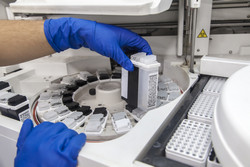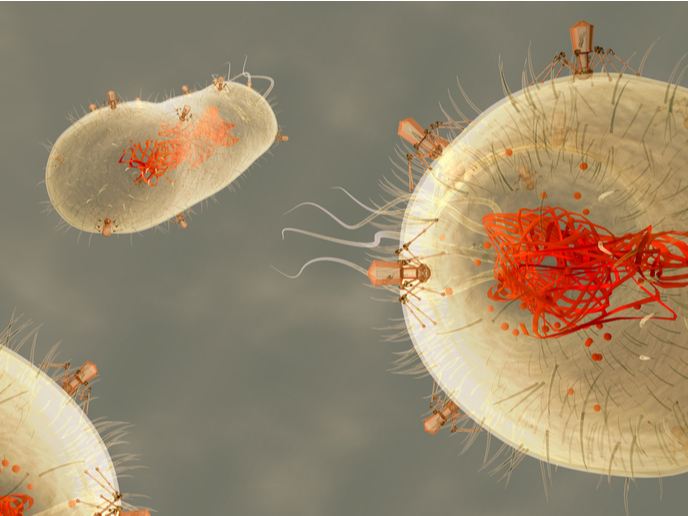Treating acute intermittent porphyria
AIP is a rare genetic disease caused by mutations in the porphobilinogen deaminase (pbgd) gene. This gene is necessary for the synthesis of haem, a haemoglobin component. A partial deficiency in PBGD protein leads to accumulation of neurotoxic intermediates, causing life-threatening acute neurovisceral attacks of severe abdominal pain, often accompanied by nausea, vomiting, tachycardia, and hypertension. Attacks may be complicated by neurologic findings. AIP patients present a higher risk of kidney failure and liver cancer. The only therapy currently available is liver transplantation, highlighting the need for new curative options. The EU-funded AIPGENE(opens in new window) (Augmenting PBGD expression in the liver as a novel gene therapy for acute intermittent porphyria) project tested a gene treatment option for AIP. A patented and orphan drug AAV5-AAT-PBGD, based on a replication-incompetent adeno-associated virus (AAV) delivered the PBGD gene specifically into the liver cells. Therapeutic efficacy of the vector was first tested in animal models of AIP, demonstrating a complete protection against acute porphyria attacks. Administration of high-vector doses into non-human primates did not produce side-effects or toxicity. One of the advantages of the delivery system chosen by AIPGENE partners is that the vector remains mainly episomal with a few integrations, thereby minimising integration-related mutagenesis. Next, the consortium performed a phase I clinical trial. The phase I trial was designed as a single-dose, dose-escalating study with eight patients. The results of the trial showed that AAV2/5-PBGD was well tolerated. No treatment-related severe adverse events were reported during administration or patient follow up. Furthermore, no T cell response against AAV capsid or recombinant PBGD protein was detected. The liver biopsies revealed that AAV5-AAT-PBGD successfully transduced human liver without causing any cellular immune response associated with liver damage. The AIPGENE clinical trial provided the safety data required for additional clinical study. Some of the patients in the trial clearly required fewer medications for disease treatment along with reduced frequency and duration of hospitalisations. The results of AIPGENE may also advance these new therapeutic approaches for other liver metabolic disorders.







